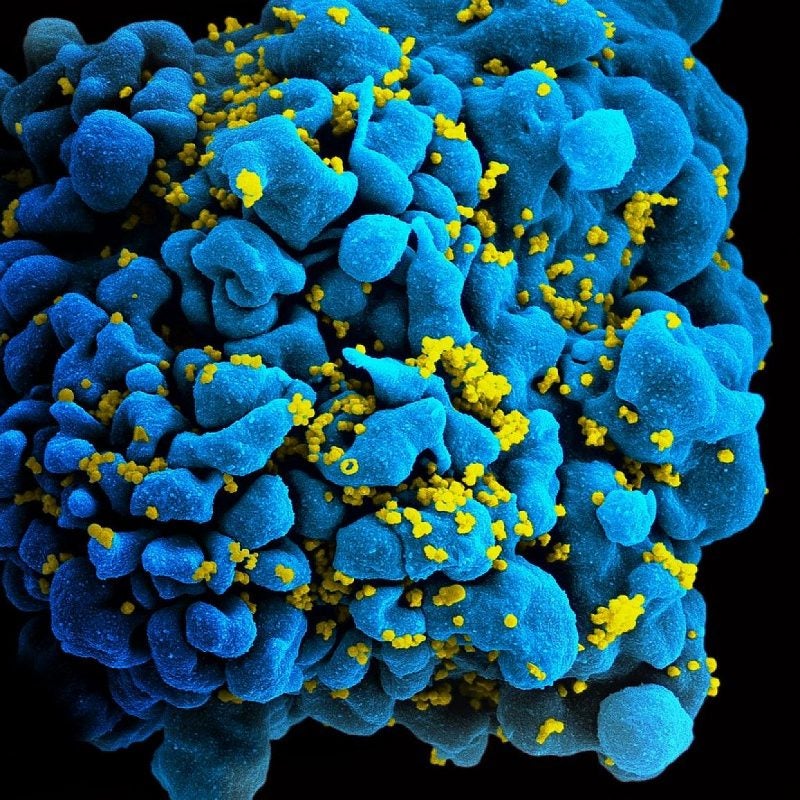
Johnson & Johnson (J&J) has reported that an experimental human immunodeficiency virus (HIV) vaccine failed to offer substantial protection against the disease in the Phase IIb Imbokodo clinical trial (HVTN 705/HPX2008) in women in sub-Saharan Africa.
Based on the results, the company has decided to discontinue the trial.

Discover B2B Marketing That Performs
Combine business intelligence and editorial excellence to reach engaged professionals across 36 leading media platforms.
Imbokodo was supported by a public-private partnership led by J&J’s Janssen Vaccines & Prevention, the National Institute of Allergy and Infectious Diseases, the Bill & Melinda Gates Foundation, and the HIV Vaccine Trials Network (HVTN).
The Phase IIb proof-of-concept trial analysed the efficacy of the HIV vaccine regimen, along with an adenovirus vector comprising four mosaic immunogens (Ad26.Mos4.HIV) administered at four vaccination visits over a year.
The regimen also has a soluble protein component called Clade C gp140, which is adjuvanted with aluminium phosphate, given at third and fourth vaccination visits.
It enrolled nearly 2,600 young women at increased risk of HIV infection at 23 trial sites across five sub-Saharan African countries, namely Malawi, Mozambique, South Africa, Zambia and Zimbabwe.

US Tariffs are shifting - will you react or anticipate?
Don’t let policy changes catch you off guard. Stay proactive with real-time data and expert analysis.
By GlobalDataThe difference in the number of new HIV infections in placebo versus vaccine cohorts from months seven through 24 was the trial’s primary goal.
According to trial data, 51 of 1,079 subjects receiving the vaccine acquired HIV versus 63 out of 1,109 subjects in the placebo arm, through follow up of 24 months.
This analysis showed a 25.2% vaccine efficacy point estimate while the vaccine regimen was generally well-tolerated.
The vaccine was also demonstrated to have a favourable safety profile without any serious adverse events reported in the trial.
Study subjects will be informed of the results and additional assessments of the study are progressing.
J&J chief scientific officer and executive committee vice-chairman Paul Stoffels said: “While we are disappointed that the vaccine candidate did not provide a sufficient level of protection against HIV infection in the Imbokodo trial, the study will give us important scientific findings in the ongoing pursuit for a vaccine to prevent HIV.”
Apart from the Imbokodo trial, Janssen is supporting the Phase III Mosaico study (HVTN 706/HPX3002).
Mosaico is assessing the safety and efficacy of a different composition of the HIV vaccine regimen in men who have sexual intercourse with men and transgender people.
Based on discussions with an independent data and safety monitoring board (DSMB), the Mosaico trial will continue.
Being carried out in the Americas and Europe, this trial is anticipated to complete in March 2024.
Last month, J&J reported new interim data from two Phase I/IIa clinical trials where its Covid-19 vaccine as a booster induced a quick and strong rise in spike-binding antibodies.





